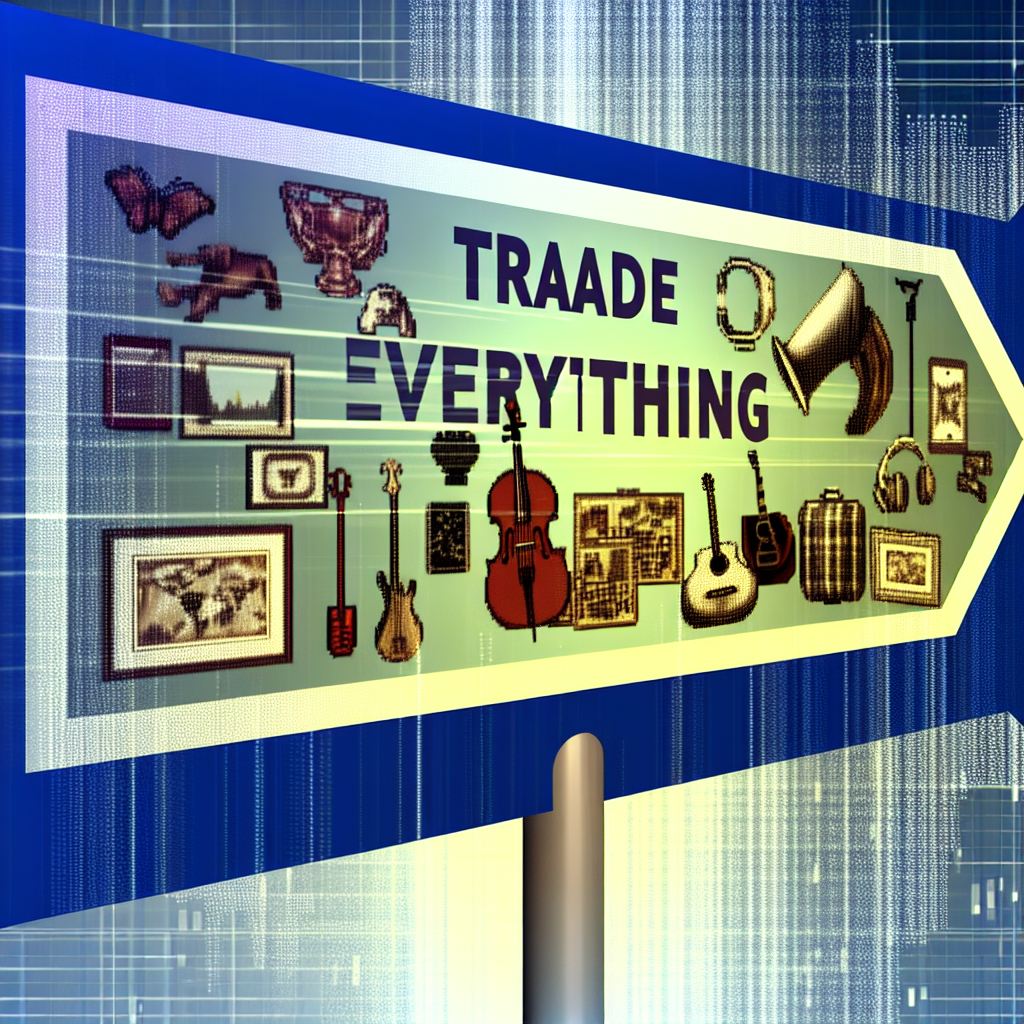OpenSea CEO Devin Finzer has dismissed assertions that the company is moving away from non-fungible tokens (NFTs), clarifying that the marketplace is instead “evolving” into a universal platform for trading all types of onchain assets.
In a post on X this Friday, Finzer announced that OpenSea’s trading volume in October surpassed $2.6 billion, with over 90% derived from token trading, indicating the start of the platform’s shift to “trade everything.”
“We’re creating the universal interface for the full onchain economy — tokens, collectibles, culture, both digital and physical,” Finzer told Cointelegraph. “Our aim is straightforward: if it exists onchain, you should be able to trade it on OpenSea, seamlessly across any chain, while fully controlling your assets,” he added.
OpenSea was the first significant NFT marketplace, launching in 2017 to facilitate the buying, selling, and trading of various non-fungible tokens. The platform held its dominant position in the sector until early 2023, when it lost ground due to the overall NFT market decline and the emergence of a major competitor, Blur.
In April this year, OpenSea successfully reclaimed its leading position in the NFT market, securing over 40% of total trading volume for that month. Currently, OpenSea is the most extensive NFT marketplace, boasting a 51% market share, as reported by data tracker NFTScan.
Related: OpenSea Launches NFT Reserve with CryptoPunk Acquisition
From NFTs to a comprehensive onchain trading hub
Finzer stated that OpenSea is now positioning itself as the “interface layer for the entire onchain economy,” merging token trading, swaps, and portfolio management across 22 blockchains.
He noted that users were managing multiple wallets, bridges, and interfaces to oversee their portfolios. “We recognized that the same infrastructure expertise that unified NFT trading could also unify all onchain trading. Now users can swap from Solana to Ethereum, trade any token, and manage any asset, all in one location, without the hassle,” Finzer said.
The CEO framed OpenSea as an alternative to both centralized and decentralized exchanges. “Unlike CEXs, you retain your keys. Unlike DEXs, the complexity is hidden,” he remarked. “We consolidate liquidity across 22+ chains into one cohesive experience.”
However, Finzer refuted the notion that NFTs are becoming secondary. “Everything onchain is fundamental to our business model — that’s what ‘trade everything’ signifies,” he pointed out.
Related: OpenSea expands beyond NFTs with OS2 public launch
Mobile application and SEA token forthcoming
OpenSea has confirmed plans to release a new mobile app before Q1 2026, offering instant crosschain swaps and portfolio tracking for mobile users. The company aims to make “the entire onchain economy accessible in your pocket,” positioning onchain trading “as easy as checking Instagram.”
Additionally, the OpenSea Foundation plans to launch its SEA token in the first quarter of 2026, which will facilitate governance and ecosystem involvement.
OpenSea’s roadmap also includes perpetual futures, enhanced mobile access, and “true crosschain abstraction,” enabling users to trade any token across any wallet or chain.
Magazine: Returning to Ethereum — How Synthetix, Ronin, and Celo found their path

